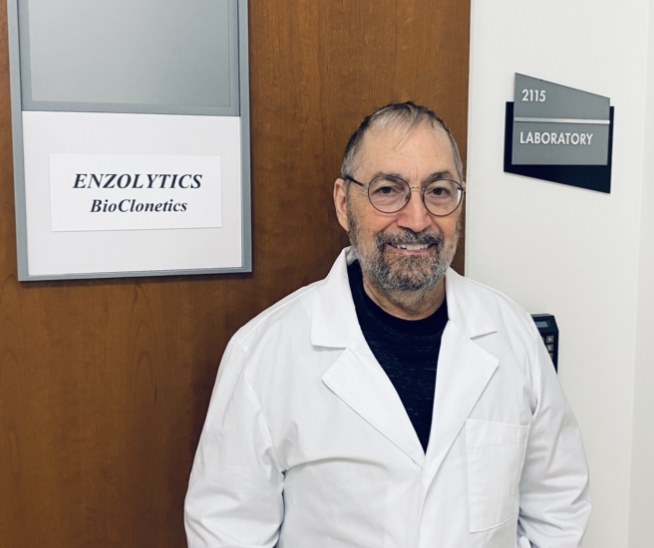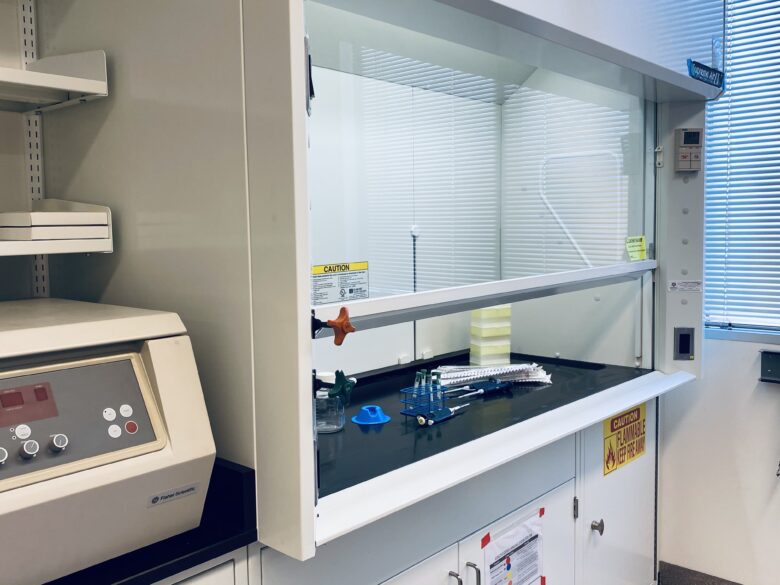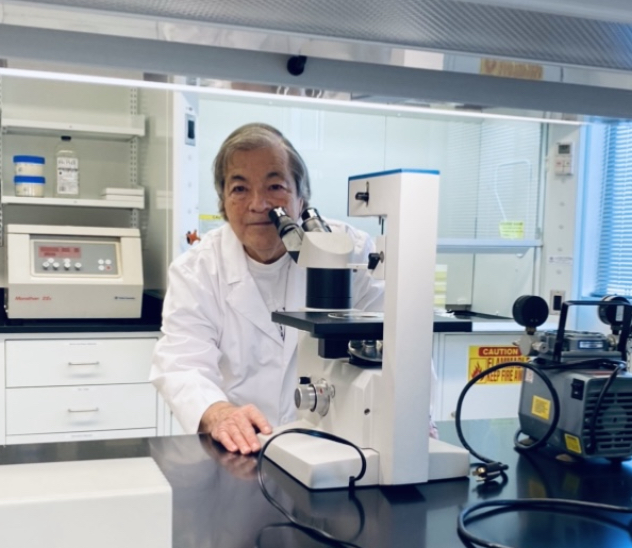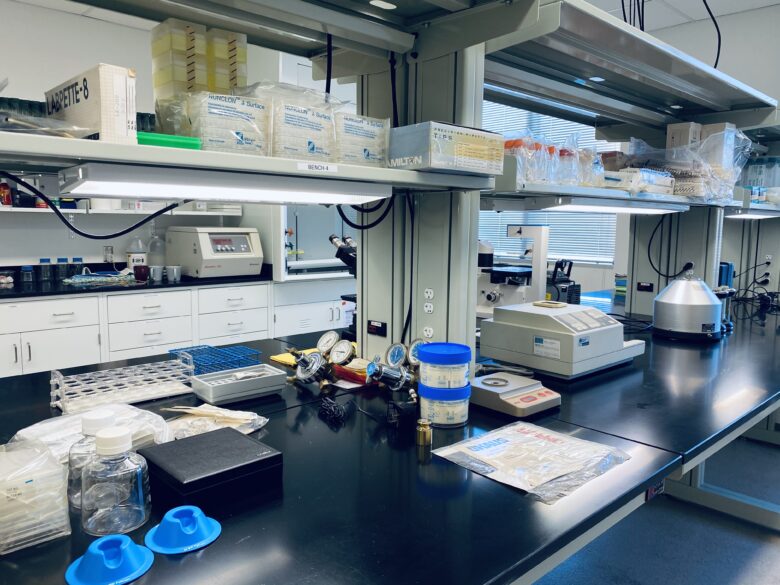Anti-CoronaVirus Monoclonal Antibodies
The Company’s proprietary protein methodology may also be applied to produce monoclonal antibodies against other infectious diseases. This includes the production of monoclonal antibodies against the SARS-CoV-2 virus (CoronaVirus), as well as other infectious diseases, including HIV-2, anthrax, smallpox, H1N1 influenza, herpes zoster, varicella zoster, Rh (+) auto-immune disease, and the Ebolavirus. A Company program is underway to produce monoclonal antibodies against the SARS-CoV-2 virus (CoronaVirus). Such production will be achieved using the proprietary methodology used to previously produce monoclonal antibodies (mAbs) against HIV, rabies, influenza A, influenza B, tetanus, and diphtheria.
Having produced neutralizing antibodies against the HIV-1 virus and recognizing a significant correlative structure between the HIV virus and the SARS-CoV-2 virus, the Company is developing anti-SARS-Cov-2 (CoronaVirus) monoclonal antibodies using its proprietary technology. These antibodies are expected to provide a therapeutic for patients infected with COVID-19. Identification of these neutralizable epitopes also will permit the production of a phage display anti-SARS-CoV-2 (CoronaVirus) vaccine.
Production of these monoclonal antibodies is being conducted in the Company’s lab at the Texas A&M University Institute for Preclinical Studies in College Station, Texas.








